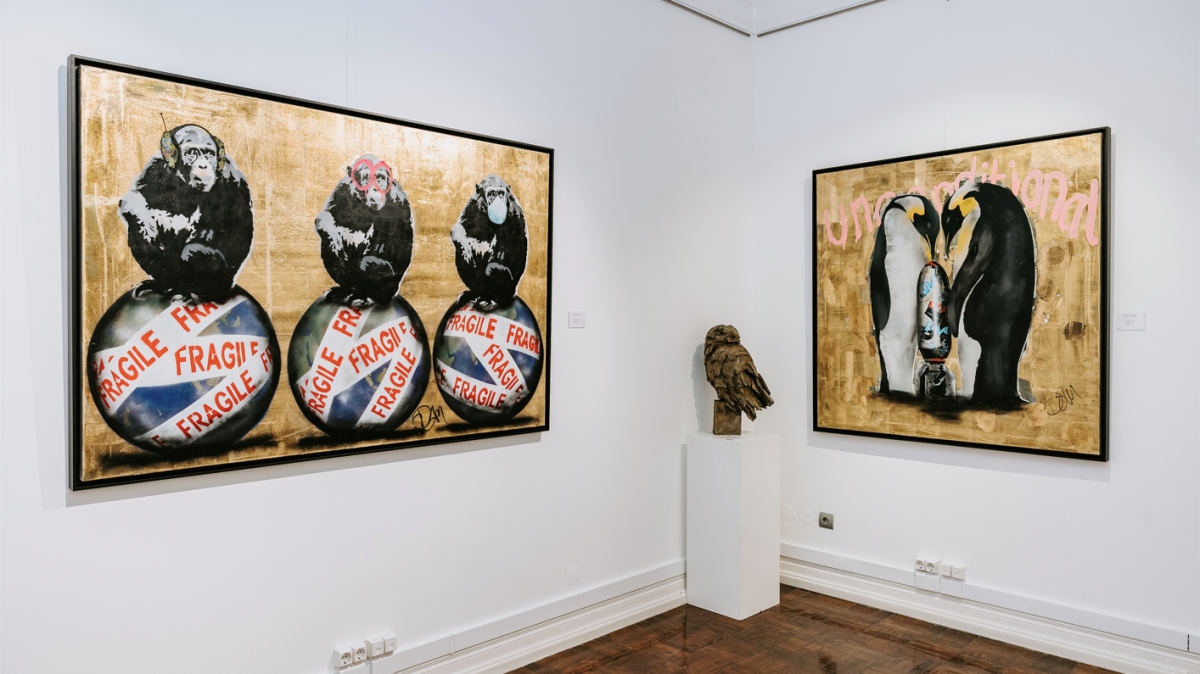The definition of where the Roman city of the 1st century ends and begins is the main objective of the three-year research project that began this summer and is being conducted by the University of the Algarve (UAlg) and the Tavira Ciência Viva Centre, with the support of the Regional Directorate of Culture and the Tavira City Council, on private land at Quinta da Torre D'Aires, in the parish of Luz de Tavira.
The excavation campaign ends on Friday and researcher João Pedro Bernardes, from the University of Algarve, made a "positive assessment" of the work carried out in this first year of the project.
Important structures were discovered, which "confirmed what had already been identified by geophysical surveys" and the prospection work carried out in 2017.
"The city had a golden period between the 1st and 2nd centuries, marked by large constructions and buildings, and then we have a more decadent phase of the city, which starts in the 3rd century and ends in the 7th century, and which reuses the materials from the oldest phase. This is what we are seeing here and what is also proven by materials that come here from all over the Mediterranean", said the researcher of UAlg.
Among these materials are, for example, "fine ceramics" - a fragment of a piece was found that "has the mark of the potter" and it is known that it was "imported from present-day France, from ancient Gaul".
"With the exchange of information from other excavations and from ovens that were discovered, it is possible to see where the piece came from and even in what decade it was made," he said.
It was also possible, in another excavation further up the field, to understand the damage that farming in the area over the centuries and the use of machines caused "because the marks of the machines are visible on the stone".
About what is to be done in the next two years, the great "objective" is to "determine the extent of the city", where it begins and ends.
"And for that we will probably need to enter into negotiations with several owners, because we think the city extends to other properties,".
The University of the Algarve has around €230,000, 60% of which is contributed by EU funds, for geophysical surveys and archaeological work and scientific studies, until 2021.








